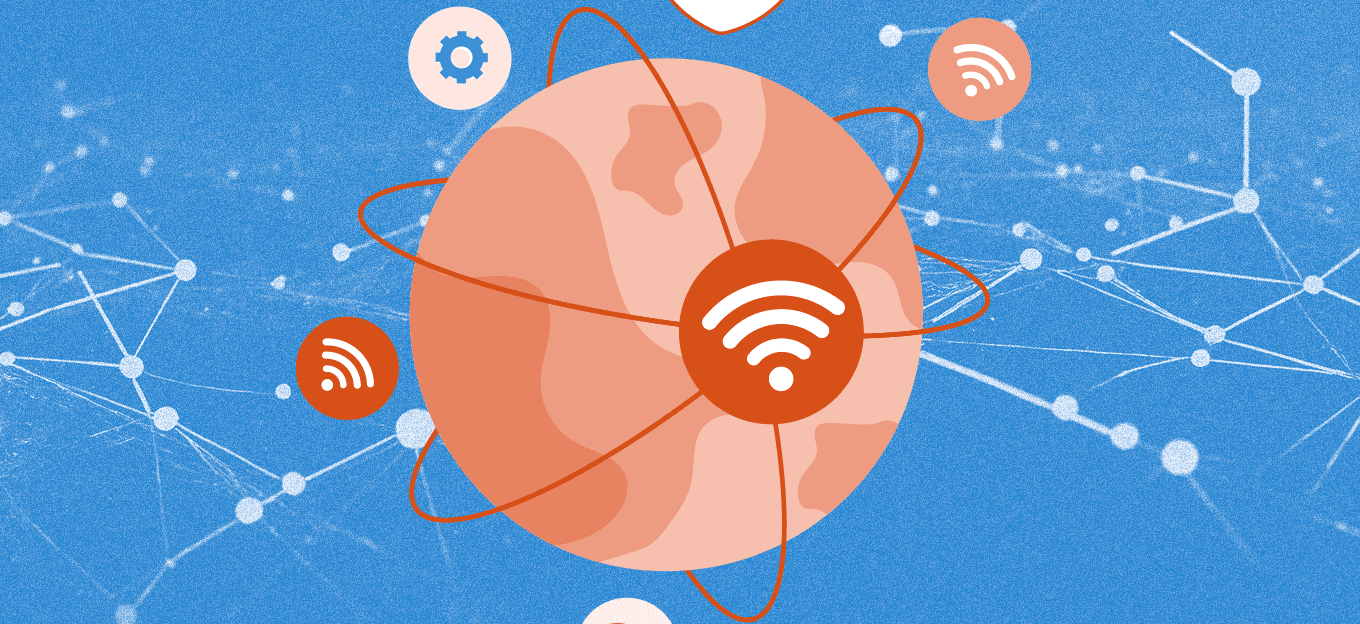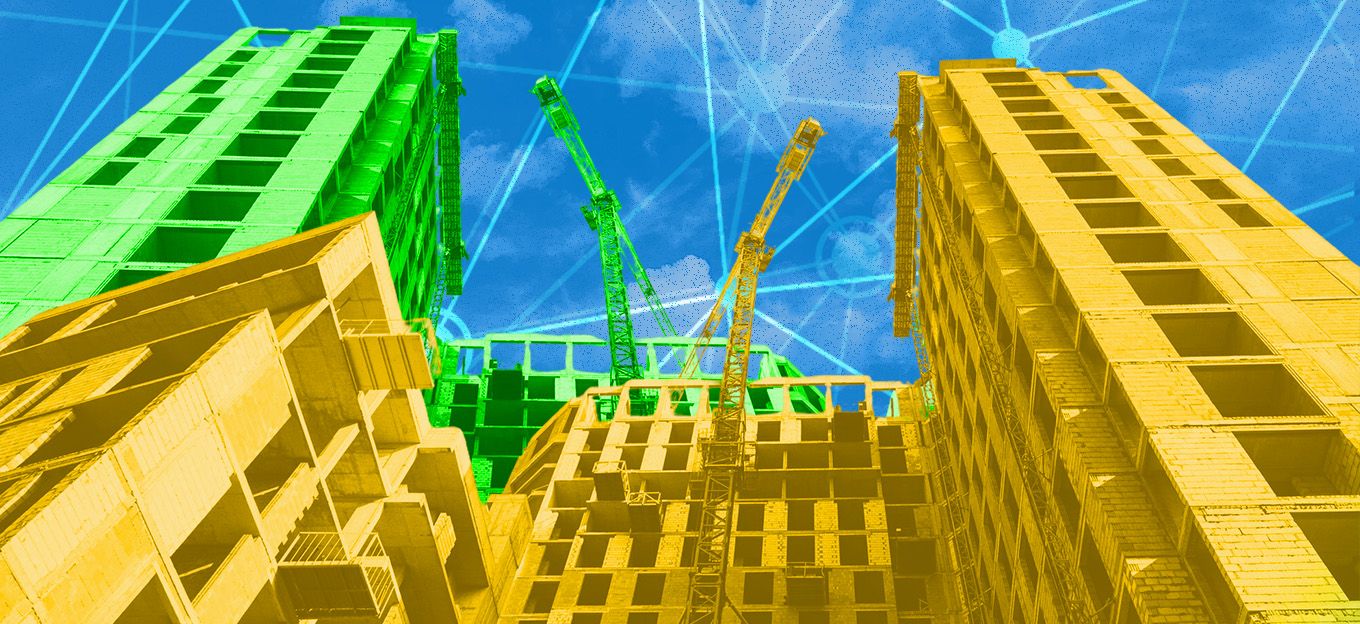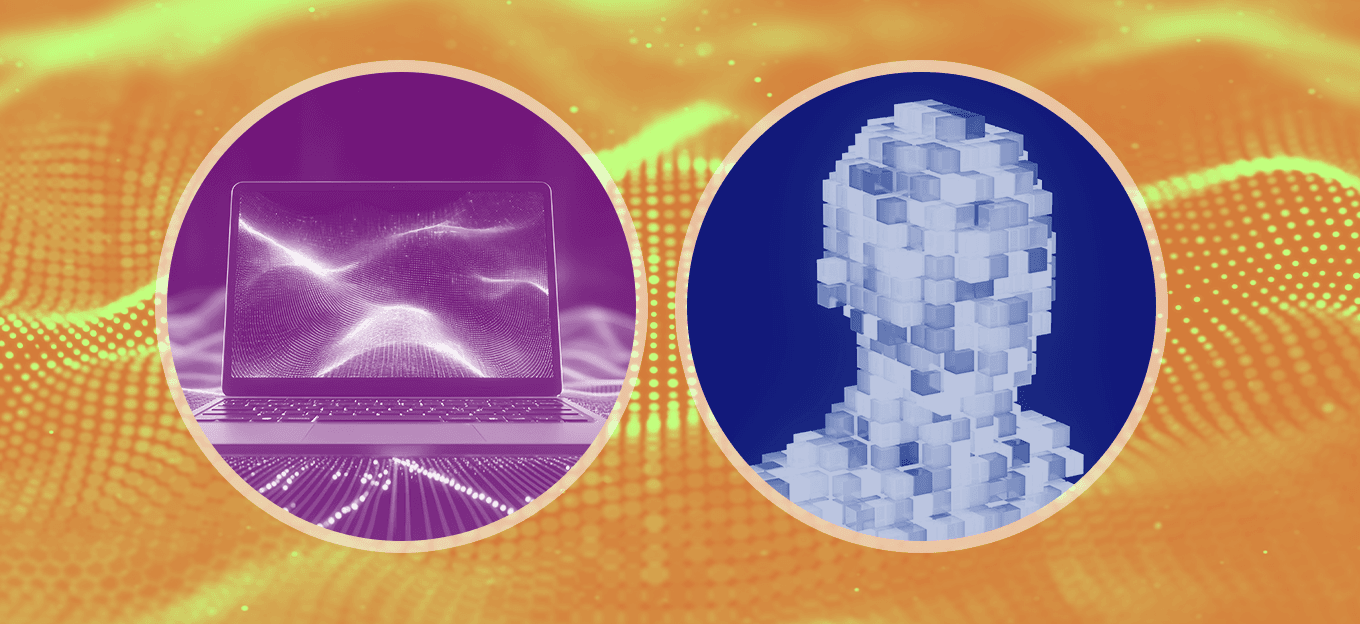IoMT Careers: Take Advantage of the Medical IoT Hiring Boom
IoMT Careers: Take Advantage of the Medical IoT Hiring Boom
- Last Updated: December 2, 2024
Guest Writer
- Last Updated: December 2, 2024



There’s no denying that the proliferation of the Internet of Things (IoT) will change how we live. IoT technology is still not as advanced as it could be, meaning there’s still potential for more applications to emerge, especially in the medical field. IoT is already carving out a place in the healthcare industry, meaning more medical companies and facilities must expand their hiring efforts. Additionally, potential candidates should consider taking advantage of increases in hiring to achieve job security and fulfilling IoMT careers.
'Now is the time for entry-level candidates to break into the medical IoMT or cybersecurity industries.' -Devin Partida
Increased Adoption of IoT in Healthcare
In general, the healthcare industry has adopted more digital technologies in recent years. Consider electronic health records (EHRs), surgical robots, patient portals, telehealth services, and even contactless payments. Accepting Apple Pay, Samsung Pay, and Google Pay will be essential for healthcare companies looking to cater to modern patient expectations.
The healthcare system would not succeed if leaders failed to invest in technological innovation. IoT is no exception. The Internet of Medical Things (IoMT) market is expected to hit $158.1 billion this year. Wireless capabilities and computing power will likely improve, especially with an increasing number of medical devices hitting the market.
IoMT can lower care costs, drive efficiencies, and foster better patient outcomes in healthcare. Some parts of the world are investing more heavily in IoMT, meaning healthcare organizations must respond by hiring more experts to manage this interconnected network.
Understanding IoMT
More professionals with special knowledge of IoMT and other disciplines are needed for this technology to advance. IoT and IoMT are some of the hottest technologies, so the healthcare sector will likely have to expand and improve its hiring efforts.
A significant reason more IoMT experts are needed is that healthcare companies work with such sensitive data. Patient health records, medical treatments, and communications between care providers and patients are some examples of personal information. IoMT experts can properly secure this data from cyber and malware attacks.
Popular Careers in IoMT
Because IoMT and cybersecurity are inextricably linked, candidates with a background in data science, cybersecurity, healthcare, or medical devices may be eligible for IoMT roles. Let's take a look at some specific IoMT roles and what they require.
#1: IoT Security Specialist
Someone in this role must understand the importance of implementing safeguards to protect IoMT devices. Because high-profile IoT incidents have cropped up, the demand for a dedicated security specialist is increasing.
This type of role requires knowledge of public key infrastructure (PKI), application program interface (API) security, general cybersecurity practices, and other IoT concepts. Security specialists must keep up with emerging trends and technologies in security and IoMT. They may need to learn new programming languages or architectures to anticipate new security threats.
#2: Software Developer
IoMT software developers will develop software for IoMT devices, work with sensors and other wireless communication tools, use coding languages like JavaScript and Python, and build high-quality user interfaces. Most software developers require a degree in computer science and other certifications in coding languages or cybersecurity.
#3: Web Development Engineer
For IoMT devices to work properly, companies will need to hire a web development engineer to create appropriate IoMT web applications. The goal of a web development engineer in IoMT is to build apps that keep these devices running, communicating, and connected. Additionally, a web developer would be responsible for implementing security measures into any applications they create.
With the growing number of IoMT devices, web developers will share their existing knowledge of the best web development practices, but should also expect to further their knowledge of coding, programming, and database management to fulfill the responsibilities of the role.
#4: IoT Infrastructure Architect
An IoT infrastructure architect working in the medical field will obtain, filter, and manage all the data transmitted between IoMT devices and networks. Their ultimate goal is to make sense of this massive amount of data by using the latest technologies and automated data solutions.
IoT infrastructure architects will also need to continuously use data to help organizations fix any IoMT device issues, troubleshoot customer problems, and design better IoMT solutions. It’s common for this role to require a degree in computer science, information technology (IT), or data science.
Increased Demand for IoMT Professionals
Any IoT or IoMT professional would be wise to take note of this hiring boom and look into career options. Their goal should be to research possible job opportunities in this sector, leverage their specialized knowledge of IoT, and consider applying for any related jobs. Now is the time for entry-level candidates to break into the medical IoMT or cybersecurity industries. It will be interesting to see how the IoMT careers market progresses as IoT advances and becomes commonplace in modern healthcare.
The Most Comprehensive IoT Newsletter for Enterprises
Showcasing the highest-quality content, resources, news, and insights from the world of the Internet of Things. Subscribe to remain informed and up-to-date.
New Podcast Episode

How Smart Labels Transform the Supply Chain
Related Articles





